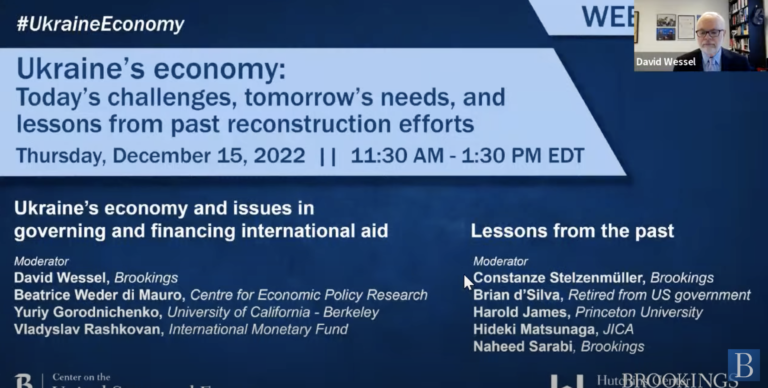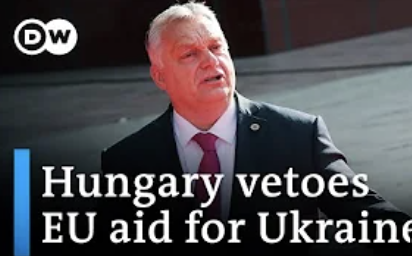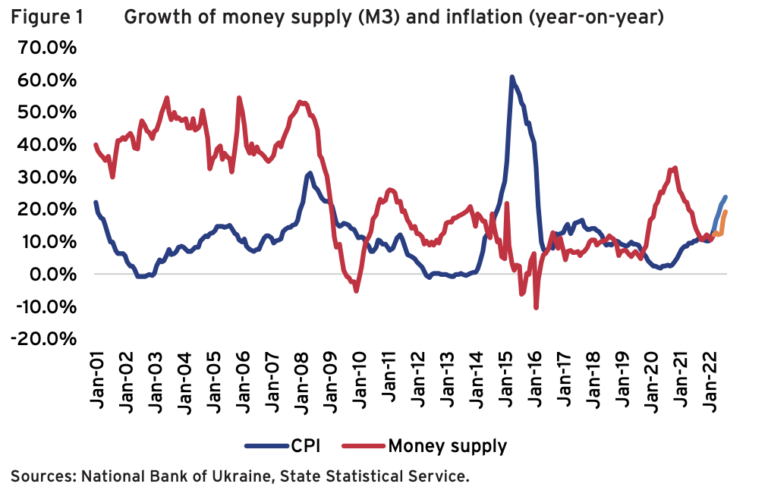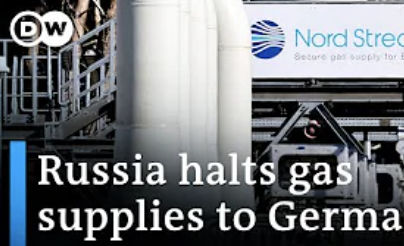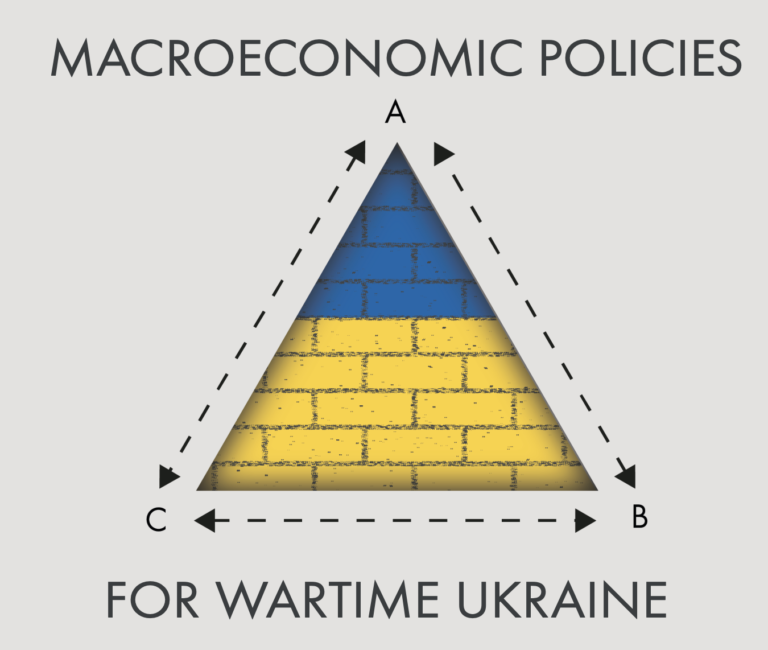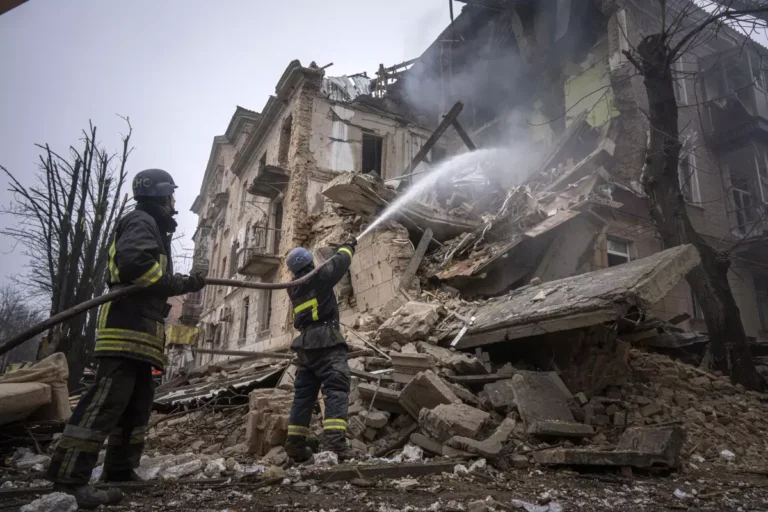
Op-Ed: Russia is using Western technology in the war against Ukraine. Here’s how to stop it
For the last several months, Western observers have watched Russia systematically destroy Ukrainians’ access to electricity, heating and technology by targeting civilian power and communications
